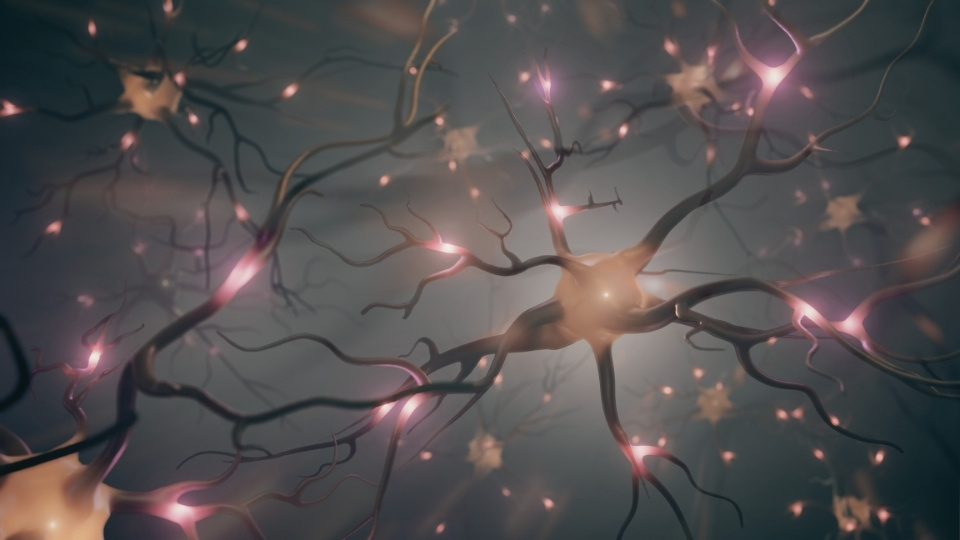Does Artificial Intelligence Have Consciousness?

Consciousness remains one of the most mysterious dimensions of human existence, and advancements in artificial intelligence technologies prompt us to re-examine this mystery. Questions about how we perceive ourselves and our surroundings and how we experience our reality as a coherent whole are now expanding to include the following:
"Can machines also be conscious?"
While technologies like large language models can process complex data and produce human-like responses, they still lack genuine "comprehension."
The psychologist Doğan Cüceloğlu introduced the concept of a "culture robot" - individuals who blindly adhere to social norms and patterns, losing connection with their authentic selves and their ability to think deeply or question. These individuals use formulaic expressions like "It was amazing!" or "It was so beautiful!" but struggle to provide satisfying answers when asked, "Why was it beautiful?"
Surprisingly, despite having computational and response-generating capabilities far superior to those of humans at the "culture robot human" level, artificial intelligence systems still lack consciousness. Today's most advanced AI systems, similar to those trapped in specific cultural patterns, cannot transcend the patterns they've learned from vast datasets and demonstrate genuine understanding. So, where exactly is the connection between ideas, emotions, and our biological systems? Will we ever be able to understand this connection?
A conscious being, like a human, can lose motivation to act when demoralized. Will we observe similar conditions in a conscious machine? Or will machines' emotional intelligence reach levels that surpass human intelligence? These questions stand at the intersection of scientific research and philosophical thought.
For artificial intelligence to gain proper understanding and comprehension, it must go beyond merely processing textual data to establishing meaningful connections between language and the physical world. Integrating image processing and natural language understanding (NLU) systems could be an next step in this direction.
However, we need to question our belief that a profound phenomenon like consciousness can be explained solely through computational power.
AI systems are trained with enormous data pools consisting of texts, conversations, books, articles, and other content billions of people produce. This data pool serves as a digital archive of humanity's collective thoughts, ideas, beliefs, and conscious experiences. Therefore, the responses we receive from an AI model are actually rearranged, processed, and synthesized versions of thoughts produced by thousands of years of human consciousness.
Though machines are not conscious, they reflect humanity's collective consciousness like mirrors. They present reflections of our own thoughts, concerns, hopes, and dreams. From this perspective, our dialogues with artificial intelligence are a kind of internal conversation with our own collective mind.
